University of Kwazulu-Natal
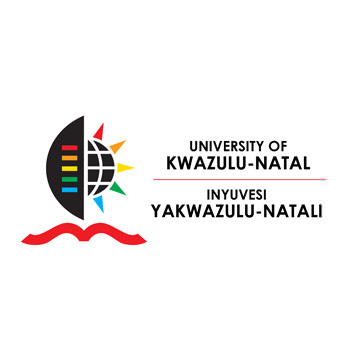
Founded: 2010
Address: Corner of Richmond & Marianhill Rd, Pinetown Private Bag X03 Ashwood - Durban, South Africa
Phone: +27 31 2601111
Address: Corner of Richmond & Marianhill Rd, Pinetown Private Bag X03 Ashwood - Durban, South Africa
Phone: +27 31 2601111
Here you find out University of Kwazulu-Natal complete information about fees, location, degree University of Kwazulu-Natal offers, number, website, and much more. University of Kwazulu-Natal is a leading university in Durban - South Africa.
You can also find out jobs at University of Kwazulu-Natal for students, teachers, and professors. We also update the database for an internship at University of Kwazulu-Natal for students.
The University of KwaZulu-Natal was formed on 1 January 2004 as a result of the merger between the University of Durban-Westville and the University of Natal. The new university brings together the rich histories of both the former Universities.
The University of Durban-Westville was established in the 1960s as the University College for Indians on Salisbury Island in Durban Bay. Student ...numbers throughout the 1960s were low as a result of the Congress Alliances’ policy of shunning apartheid structures. This policy gave way in the 1980s to a strategy of “education under protest” which sought to transform apartheid institutions into sites of struggle. Student numbers grew rapidly and in 1971, the College was granted University status. The following year, the newly-named University of Durban-Westville moved into its modern campus in Westville and was a site of major anti-apartheid struggle. UDW became an autonomous institution in 1984, opening up to students of all races.
Founded in 1910 as the Natal University College in Pietermaritzburg, the University of Natal was granted independent University status in 1949 owing to its rapid growth in numbers, its wide range of courses and its achievements in and opportunities for research. By that time, the NUC was already a multi-campus institution, having been extended to Durban after World War 1. The distinctive Howard College building was opened in 1931, following a donation by Mr T B Davis, whose son Howard Davis was killed during the Battle of Somme in World War I. In 1946, the government approved a Faculty of Agriculture in Pietermaritzburg and, in 1947, a Medical School for African, Indian and Coloured students in Durban.
The two KwaZulu-Natal universities were among the first batch of South African institutions to merge in 2004 in accordance with the government’s higher educational restructuring plans that will eventually see the number of higher educational institutions in South Africa reduced from 36 to 21. Confirmed by a Cabinet decision in December 2002, the mergers are the culmination of a wide-ranging consultative process on the restructuring of the Higher Education Sector that began in the early 1990s.
To be the Premier University of African Scholarship. A truly South African university that is academically excellent, innovative in research, critically engaged with society and demographically representative, redressing the disadvantages, inequities and imbalances of the past.
The University aspires to be a positively transformed institution based on a clear understanding of its goals for broad and comprehensive change underpinned by shared values. These values serve as a framework for all its endeavours.
As the University community we pledge ourselves to:
Actively encourage and respect the right of all scholars, staff and students to engage in critical inquiry, independent research, intellectual discourse and public debate in a spirit of responsibility and accountability, in accordance with the principles of academic freedom and institutional autonomy. Promote access to learning that will expand educational and employment opportunities for all. Embrace our responsibility as a public institution to support and contribute to national and regional development, and the welfare and upliftment of the wider community, through the generation and dissemination of knowledge and the production of socially-responsible graduates. Conduct ourselves according to the highest ethical standards, and provide education that promotes an awareness of sound ethical practice in a diverse society. Manage and run our institution in conscious awareness of the environment, and foster a culture of responsible, ethical and sustainable use of natural resources. Ensure effective governance through broad and inclusive participation, democratic representation, accountability, and transparency that serves as an example that contributes to building the democratic ethos of our country. Acknowledge the value of the individual by promoting the intellectual, social and personal well-being of staff and students through tolerance and respect for multilingualism, diverse cultures, religions and social values, and by fostering the realisation of each person’s full potential.
The University of KwaZulu-Natal (UKZN) has swiftly established its credentials as a rapidly transforming and research-intensive institution, and has become one of the leading universities in Africa. UKZN is the only merged South African university that has consistently featured in global university rankings over the last five years. Established in 2004, with roots originating in.
The UKZN Strategic Plan 2017–2021 builds on work already underway and launches several new initiatives. While maintaining continuity with the normative standard of African scholarship within a global context, the plan takes advantage of UKZN’s distinctive features – including its heritage, refreshed academic portfolio, research strengths, and its geographical location as a coastal university on South Africa’s eastern seaboard with a significant presence in the midlands of KwaZulu-Natal.
You can also find out jobs at University of Kwazulu-Natal for students, teachers, and professors. We also update the database for an internship at University of Kwazulu-Natal for students.
The University of KwaZulu-Natal was formed on 1 January 2004 as a result of the merger between the University of Durban-Westville and the University of Natal. The new university brings together the rich histories of both the former Universities.
The University of Durban-Westville was established in the 1960s as the University College for Indians on Salisbury Island in Durban Bay. Student ...numbers throughout the 1960s were low as a result of the Congress Alliances’ policy of shunning apartheid structures. This policy gave way in the 1980s to a strategy of “education under protest” which sought to transform apartheid institutions into sites of struggle. Student numbers grew rapidly and in 1971, the College was granted University status. The following year, the newly-named University of Durban-Westville moved into its modern campus in Westville and was a site of major anti-apartheid struggle. UDW became an autonomous institution in 1984, opening up to students of all races.
Founded in 1910 as the Natal University College in Pietermaritzburg, the University of Natal was granted independent University status in 1949 owing to its rapid growth in numbers, its wide range of courses and its achievements in and opportunities for research. By that time, the NUC was already a multi-campus institution, having been extended to Durban after World War 1. The distinctive Howard College building was opened in 1931, following a donation by Mr T B Davis, whose son Howard Davis was killed during the Battle of Somme in World War I. In 1946, the government approved a Faculty of Agriculture in Pietermaritzburg and, in 1947, a Medical School for African, Indian and Coloured students in Durban.
The two KwaZulu-Natal universities were among the first batch of South African institutions to merge in 2004 in accordance with the government’s higher educational restructuring plans that will eventually see the number of higher educational institutions in South Africa reduced from 36 to 21. Confirmed by a Cabinet decision in December 2002, the mergers are the culmination of a wide-ranging consultative process on the restructuring of the Higher Education Sector that began in the early 1990s.
To be the Premier University of African Scholarship. A truly South African university that is academically excellent, innovative in research, critically engaged with society and demographically representative, redressing the disadvantages, inequities and imbalances of the past.
The University aspires to be a positively transformed institution based on a clear understanding of its goals for broad and comprehensive change underpinned by shared values. These values serve as a framework for all its endeavours.
As the University community we pledge ourselves to:
Actively encourage and respect the right of all scholars, staff and students to engage in critical inquiry, independent research, intellectual discourse and public debate in a spirit of responsibility and accountability, in accordance with the principles of academic freedom and institutional autonomy. Promote access to learning that will expand educational and employment opportunities for all. Embrace our responsibility as a public institution to support and contribute to national and regional development, and the welfare and upliftment of the wider community, through the generation and dissemination of knowledge and the production of socially-responsible graduates. Conduct ourselves according to the highest ethical standards, and provide education that promotes an awareness of sound ethical practice in a diverse society. Manage and run our institution in conscious awareness of the environment, and foster a culture of responsible, ethical and sustainable use of natural resources. Ensure effective governance through broad and inclusive participation, democratic representation, accountability, and transparency that serves as an example that contributes to building the democratic ethos of our country. Acknowledge the value of the individual by promoting the intellectual, social and personal well-being of staff and students through tolerance and respect for multilingualism, diverse cultures, religions and social values, and by fostering the realisation of each person’s full potential.
The University of KwaZulu-Natal (UKZN) has swiftly established its credentials as a rapidly transforming and research-intensive institution, and has become one of the leading universities in Africa. UKZN is the only merged South African university that has consistently featured in global university rankings over the last five years. Established in 2004, with roots originating in.
The UKZN Strategic Plan 2017–2021 builds on work already underway and launches several new initiatives. While maintaining continuity with the normative standard of African scholarship within a global context, the plan takes advantage of UKZN’s distinctive features – including its heritage, refreshed academic portfolio, research strengths, and its geographical location as a coastal university on South Africa’s eastern seaboard with a significant presence in the midlands of KwaZulu-Natal.
Read More
Details:
LeaderShip: Chancellor: Mogoeng Mogoeng
Fees:
Time:
Phone Number: +27 31 2601111
City: Durban
Fees:
Time:
Phone Number: +27 31 2601111
City: Durban
Timing:
Country: South Africa
Staff: 1472
Website: http://www.ukzn.ac.za
Country: South Africa
Staff: 1472
Website: http://www.ukzn.ac.za
Subjects:
Jobs in University of Kwazulu-Natal
Currently, there is no job opening in University of Kwazulu-Natal as per our database.

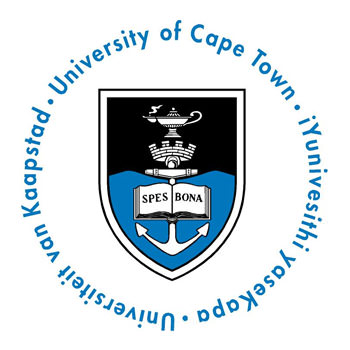
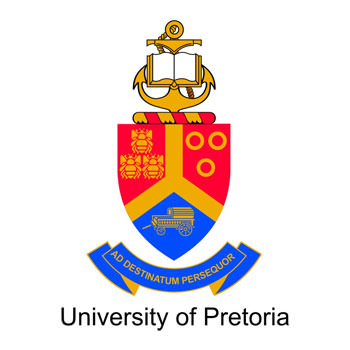
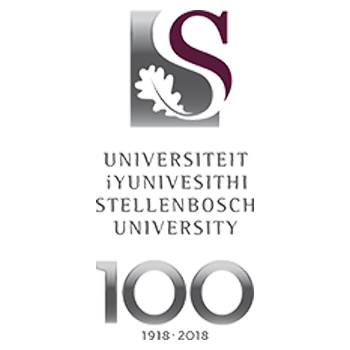
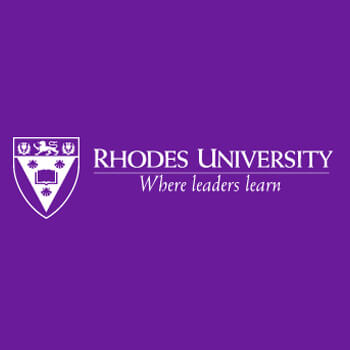
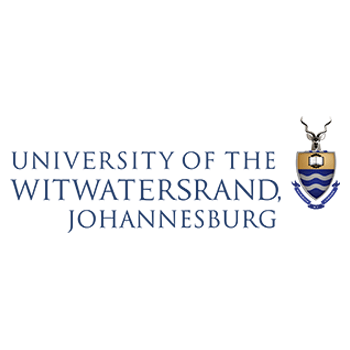

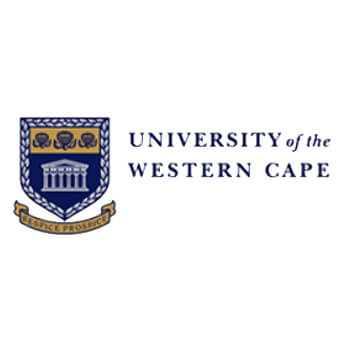
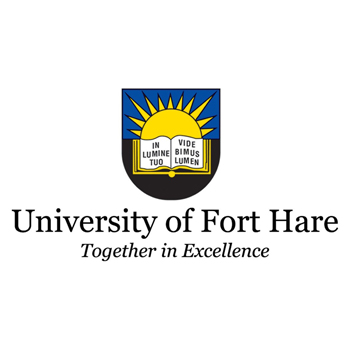










Leave a Reply